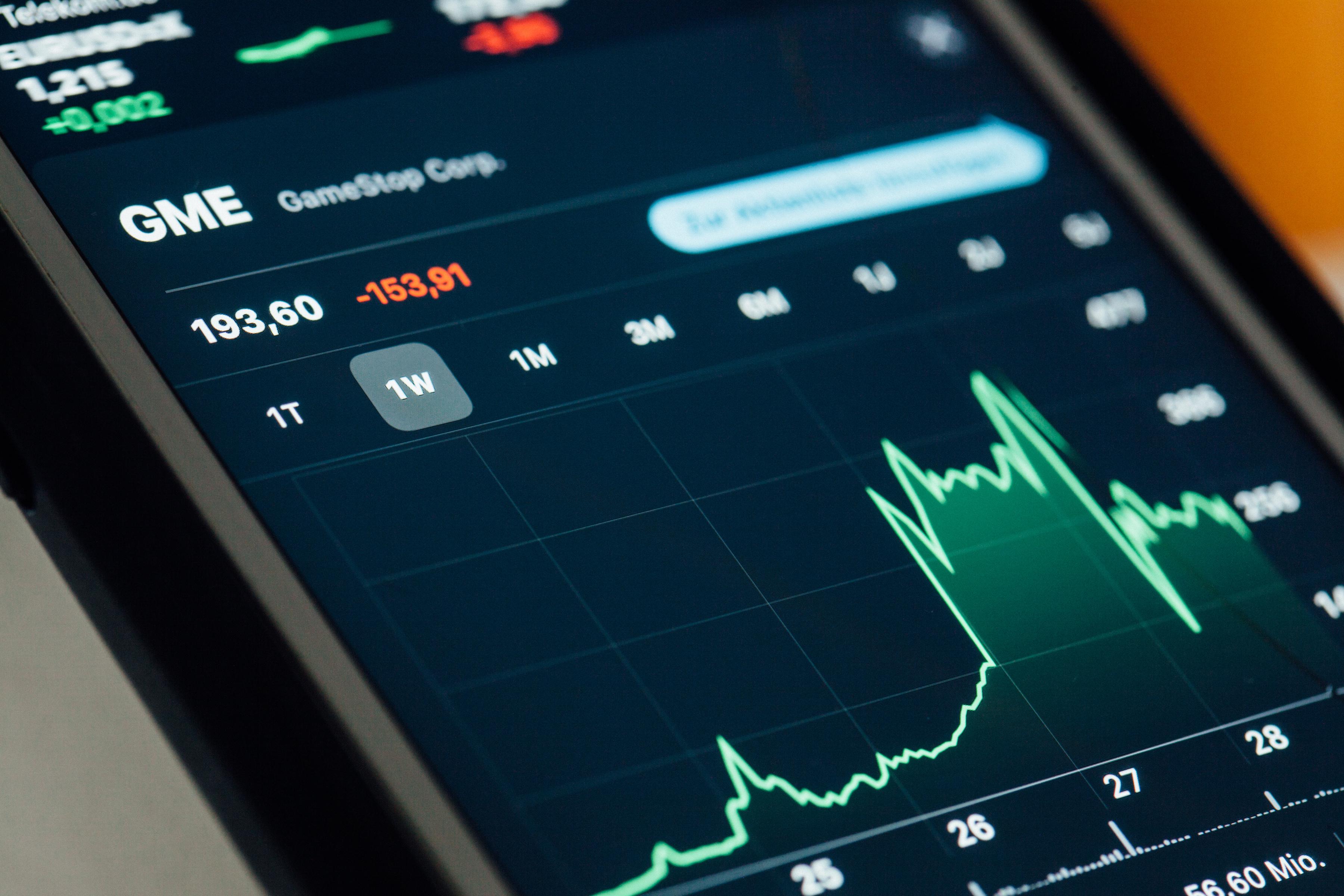The Psychology of Market Bubbles

What’s the Latest Development?
While the history of market bubbles begins with tulip speculation in 1630, scientists are just now beginning to understand what makes our psychology vulnerable to the boom and bust of market cycles. “Read Montague, a neuroscientist now at Virginia Tech, argues that the urge to speculate is rooted in our mental software. In particular, bubbles seem to depend on a unique human talent called ‘fictive learning,’ which is the ability to learn from hypothetical scenarios and counterfactual questions.”
What’s the Big Idea?
What can we take away from recent research into the psychology of market bubbles? “The first is that neuroscience might soon be able to help make macroeconomic diagnoses, allowing us to better distinguish between booms and bubbles. … The second is that speculative bubbles are rooted in a very adaptive learning mechanism, which is probably why they’re so hard to prevent. The only way to keep us from bidding up LinkedIn stock and tulips is to keep us from learning through counterfactuals.”




